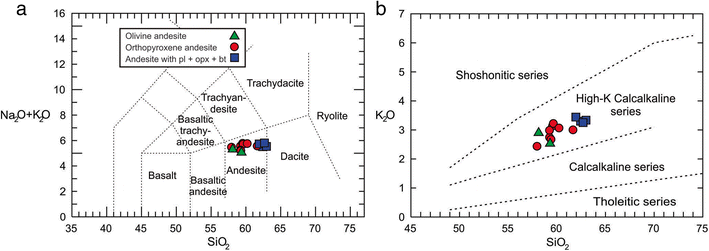
Tkp 45 302 70 2009
(1) A person commits the offense of theft when the person purposely or knowingly obtains or exerts unauthorized control over property of the owner and: (a) has the purpose of depriving the owner of the property; (b) purposely or knowingly uses, conceals, or abandons the property in a manner that deprives the owner of the property; or (c) uses, conceals, or abandons the property knowing that the use, concealment, or abandonment probably will deprive the owner of the property. (2) A person commits the offense of theft when the person purposely or knowingly obtains by threat or deception control over property of the owner and: (a) has the purpose of depriving the owner of the property; (b) purposely or knowingly uses, conceals, or abandons the property in a manner that deprives the owner of the property; or (c) uses, conceals, or abandons the property knowing that the use, concealment, or abandonment probably will deprive the owner of the property.
Current as of: 2009 Check for updates Other versions (a) Required Laws. The State plan shall provide that, in accordance with sections 454(20) and 466 of the Act and part 303 of this chapter, the State has in effect laws providing for, and has implemented procedures to improve, program effectiveness. Current as of: 2009 Check for updates Other versions (a) Required Laws. The State plan shall provide that, in accordance with sections 454(20) and 466 of the Act and part 303 of this chapter, the State has in effect laws providing for, and has implemented procedures to improve, program effectiveness.
(3) A person commits the offense of theft when the person purposely or knowingly obtains control over stolen property knowing the property to have been stolen by another and: (a) has the purpose of depriving the owner of the property; (b) purposely or knowingly uses, conceals, or abandons the property in a manner that deprives the owner of the property; or (c) uses, conceals, or abandons the property knowing that the use, concealment, or abandonment probably will deprive the owner of the property. Simon aronson simply simon pdf download. (4) A person commits the offense of theft when the person purposely or knowingly obtains or exerts unauthorized control over any part of any public assistance provided under Title 52 or 53 by a state or county agency, regardless of the original source of assistance, by means of: (a) a knowingly false statement, representation, or impersonation; or (b) a fraudulent scheme or device. (5) A person commits the offense of theft when the person purposely or knowingly obtains or exerts or helps another obtain or exert unauthorized control over any part of any benefits provided under Title 39, chapter 71, by means of: (a) a knowingly false statement, representation, or impersonation; or (b) deception or other fraudulent action. (6) (a) A person commits the offense of theft when the person purposely or knowingly commits insurance fraud as provided in or; (b) purposely or knowingly diverts or misappropriates insurance premiums as provided in; or (c) purposely or knowingly receives small business health insurance premium incentive payments or premium assistance payments or tax credits under Title 33, chapter 22, part 20, to which the person is not entitled.
(7) A person commits the offense of theft of property by embezzlement when, with the purpose to deprive the owner of the property, the person: (a) purposely or knowingly obtains or exerts unauthorized control over property of the person's employer or over property entrusted to the person; or (b) purposely or knowingly obtains by deception control over property of the person's employer or over property entrusted to the person. (8) (a) Except as provided in subsection (8)(b), a person convicted of the offense of theft of property not exceeding $1,500 in value shall be fined an amount not to exceed $1,500 or be imprisoned in the county jail for a term not to exceed 6 months, or both.
A person convicted of a second offense shall be fined $1,500 or be imprisoned in the county jail for a term not to exceed 6 months, or both. A person convicted of a third or subsequent offense shall be fined $1,500 and be imprisoned in the county jail for a term of not less than 30 days or more than 6 months. (b) (i) Except as provided in subsection (8)(c), a person convicted of the offense of theft of property exceeding $1,500 in value or theft of any amount of anhydrous ammonia for the purpose of manufacturing dangerous drugs shall be fined an amount not to exceed $50,000 or be imprisoned in a state prison for a term not to exceed 10 years, or both.

(ii) A person convicted of the theft of any commonly domesticated hoofed animal shall be fined an amount of not less than $5,000 or more than $50,000 or be imprisoned in a state prison for a term not to exceed 10 years, or both. If a prison term is deferred, the court shall order the offender to perform 416 hours of community service during a 1-year period, in the offender's county of residence. In addition to the fine and imprisonment, the offender's property is subject to criminal forfeiture pursuant to.